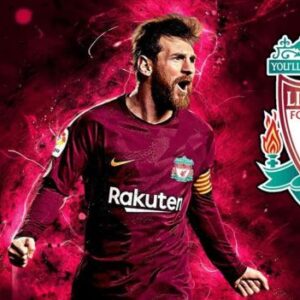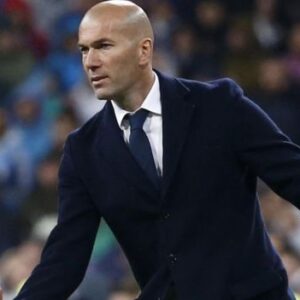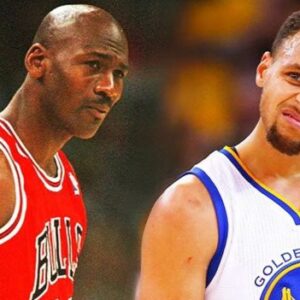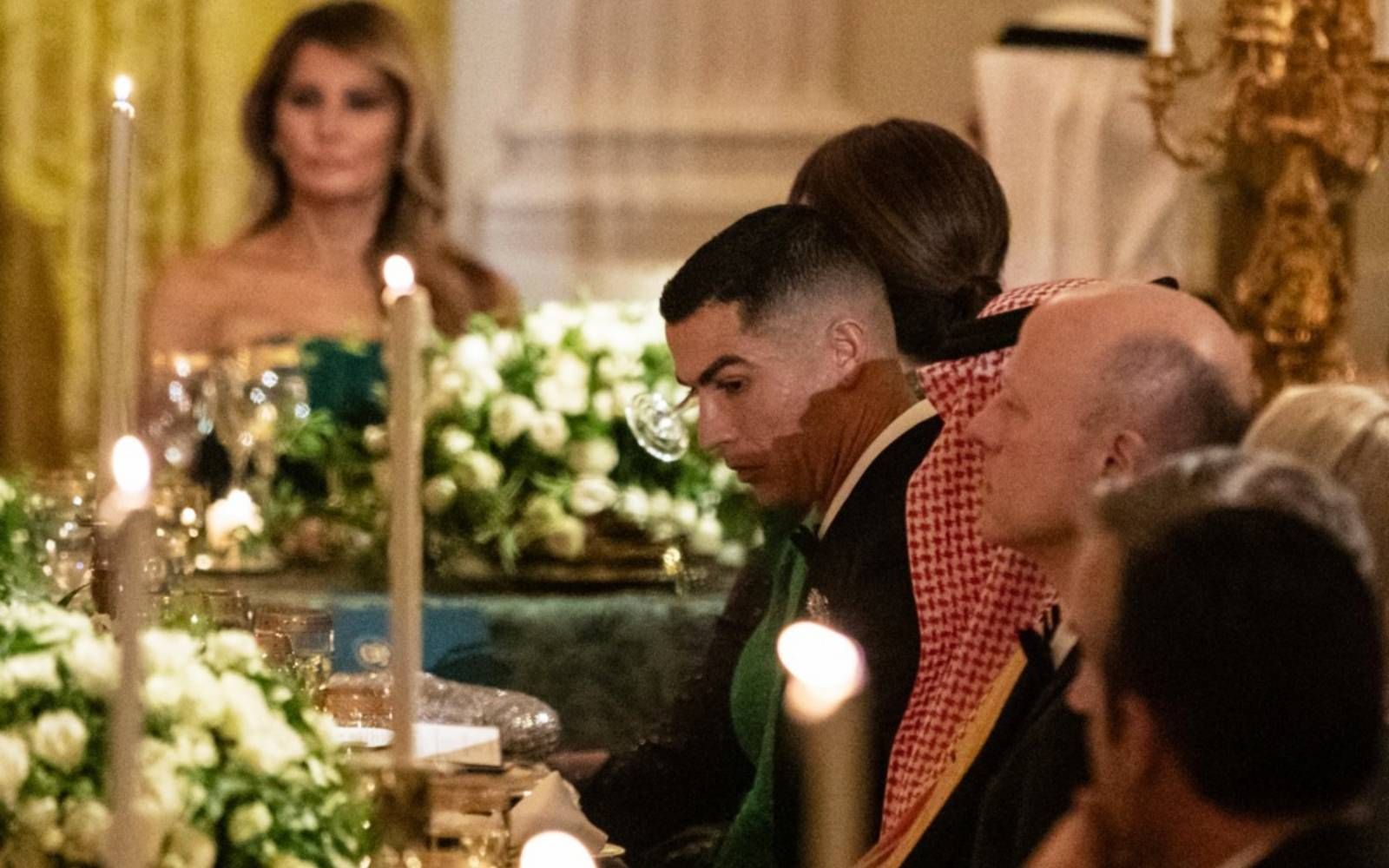 The meeting between Cristiano Ronaldo and U.S. President Donald Trump at the White House on November 18 has become one of the most widely discussed cultural–political intersections of the year. What began as a formal diplomatic event for the Saudi delegation led by Crown Prince Mohammed bin Salman transformed into a moment that captured global attention, thanks to the unexpected presence — and undeniable gravitational pull — of one of the world’s most famous athletes.
The meeting between Cristiano Ronaldo and U.S. President Donald Trump at the White House on November 18 has become one of the most widely discussed cultural–political intersections of the year. What began as a formal diplomatic event for the Saudi delegation led by Crown Prince Mohammed bin Salman transformed into a moment that captured global attention, thanks to the unexpected presence — and undeniable gravitational pull — of one of the world’s most famous athletes.
Ronaldo’s appearance came during a week of elevated political ceremony in Washington, as President Trump welcomed the Crown Prince with honors normally associated with a state visit. Though it was not technically labeled as such — since the Crown Prince is not the head of state of Saudi Arabia — the event featured an official welcoming ceremony, a bilateral meeting in the Oval Office, and a lavish evening banquet attended by influential figures from politics, technology, global business, and sports.
Amid this high-stakes backdrop, Ronaldo, invited as a “special guest” of the Saudi delegation, stepped into the White House for one of the rare times in his career. His last visit to the U.S. had been more than a decade ago, back in 2014 during a friendly match with Real Madrid in Michigan. That absence only magnified the intrigue of his return — especially now, when his career, influence, and global brand have reached unprecedented heights.
Inside the banquet hall, Ronaldo was seated just a few places away from President Trump and Crown Prince Mohammed bin Salman, a placement that immediately signaled his significance within the event. When Trump rose to speak, he did not miss the opportunity to acknowledge the superstar’s presence. Looking toward Ronaldo, the President smiled and declared, “My son is a huge fan. Barron has met him — and he still talks about it.”
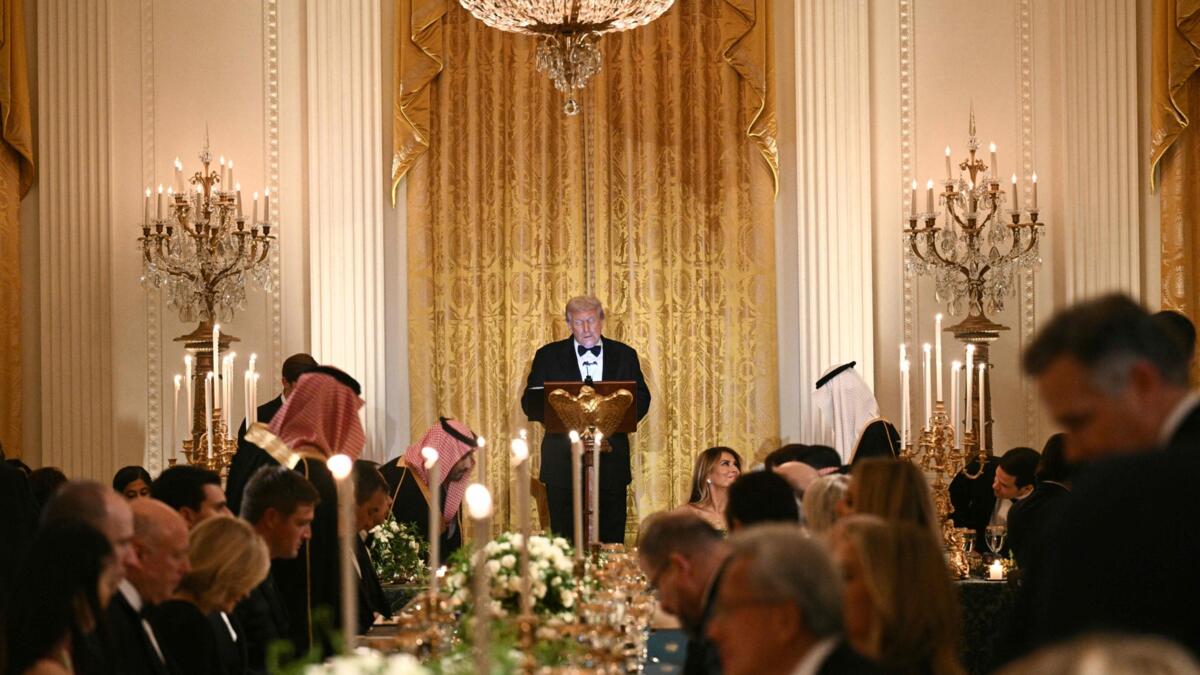
The remark drew laughter and applause, reinforcing a dynamic rarely seen in political gatherings: the magnetic pull of celebrity that transcends borders, ideologies, and agendas.
Alongside Ronaldo that evening was an elite roster of global power players — FIFA President Gianni Infantino, Apple CEO Tim Cook, and billionaire Elon Musk — underscoring how seamlessly the worlds of technology, sports, and geopolitics now intersect.
The timing of Ronaldo’s appearance was no coincidence. Only weeks earlier, in a widely discussed interview with Piers Morgan, the Al Nassr star expressed a deep wish to meet President Trump to discuss issues far beyond football.
“If the world has peace, that is our goal,” Ronaldo said during the interview. “He is one of the people who can change the world or help change it. And my biggest dream is to meet him to talk about world peace.”
Ronaldo went on to emphasize that he did not care where such a meeting might occur — whether in the United States or elsewhere — as long as there was an opportunity for direct conversation. He recounted that Trump had previously traveled to Saudi Arabia and expressed hope that destiny would eventually align for the two to speak in depth. “He is one of the people I truly like,” Ronaldo added. “I respect people who can make change. And if I ever get the chance to sit down with him, I will talk about the things we have in common. But I will keep it secret until that moment.”
That moment, it seems, has now arrived — or at least begun.
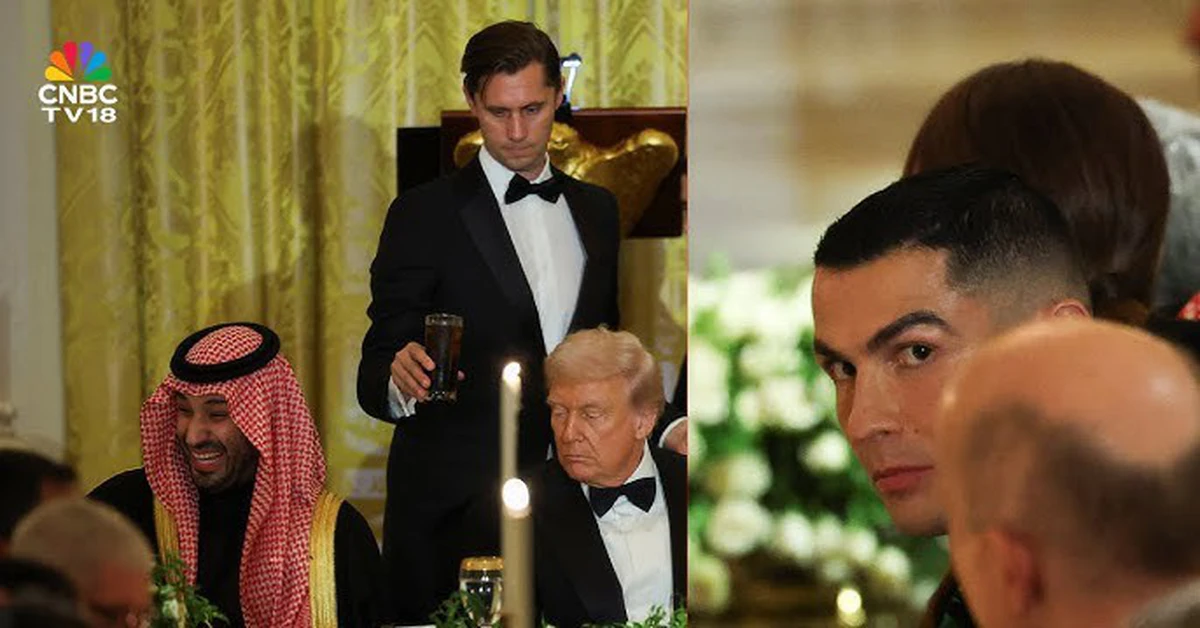
According to Western political analysts, Ronaldo’s presence in Washington was more than ceremonial. It highlighted the growing strategic use of global sports icons in Saudi Arabia’s sweeping modernization and soft-power campaigns. With an estimated net worth of $1.4 billion and a recent $400 million contract extension with Al Nassr earlier this year, Ronaldo has become not only the highest-earning footballer on the planet but the first active player to officially cross the billionaire threshold.
Sanam Vakil, Director of the Middle East and North Africa Programme at Chatham House, noted that Ronaldo’s staggering deal with Al Nassr reflects “just one part of Saudi Arabia’s broader strategy — investing heavily in events, athletes, and cultural figures to position itself as a core destination for sports and global tourism.”
Ronaldo has publicly embraced this role. In his interview with Morgan, he referred to Crown Prince Mohammed bin Salman as “our boss,” a phrase widely interpreted as symbolic of the Crown Prince’s central influence over Saudi Arabia’s sports initiatives. Earlier this month, the Portuguese star was also the featured guest at a Riyadh event hosted by the Saudi Ministry of Tourism, where he praised the nation’s ambitious development projects and voiced hope that the 2034 FIFA World Cup — already awarded to Saudi Arabia — will be a milestone for global unity and growth.
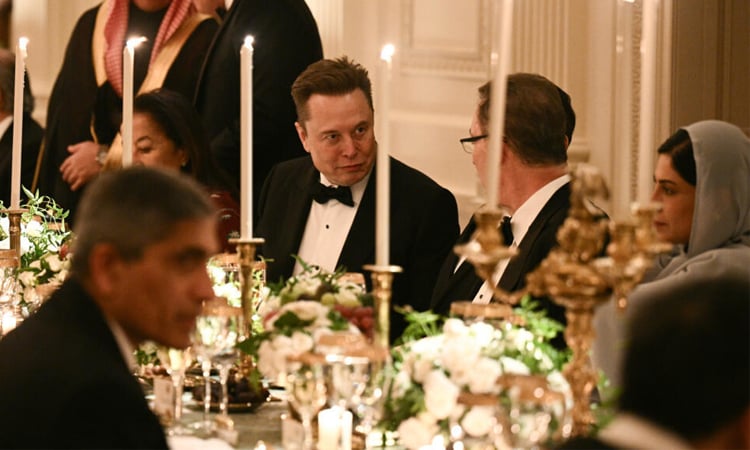
For a player who continues to break records at nearly 40, Ronaldo’s journey has expanded far beyond the pitch. His presence at the White House has demonstrated once again that he is no longer just a footballer — he is a global figure who moves effortlessly through diplomacy, culture, business, and international influence.
As cameras captured him exchanging smiles with President Trump, seated among some of the most powerful figures on the planet, one thing became clear: Ronaldo’s era of worldwide impact has entered a new chapter — one where football glory, political symbolism, and global ambition intertwine like never before.
